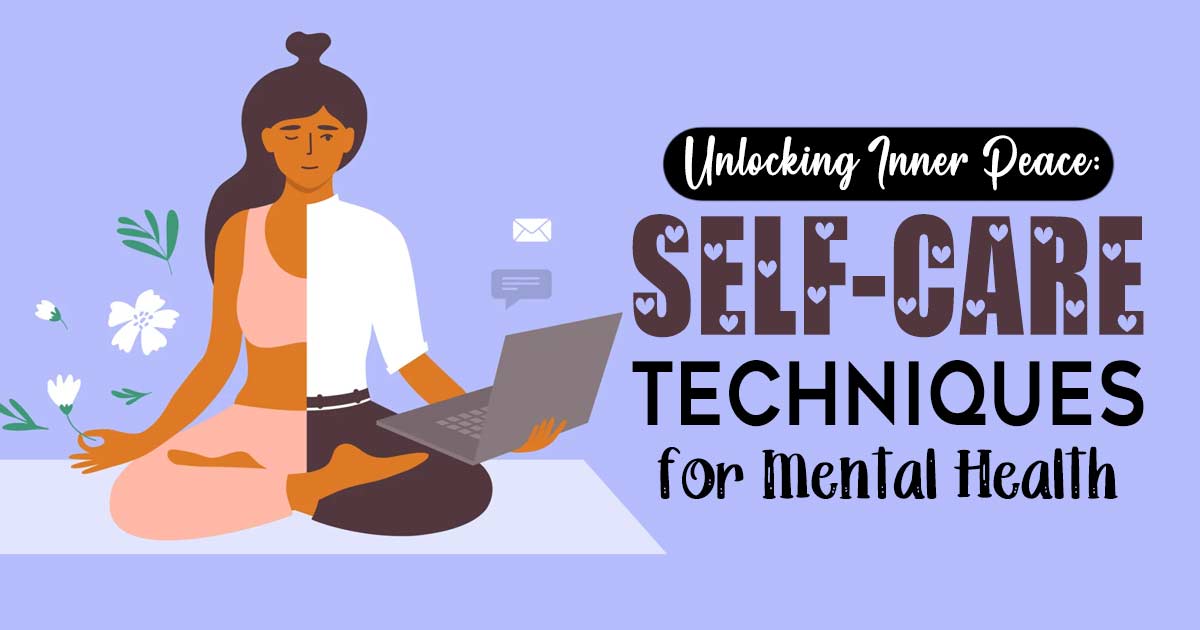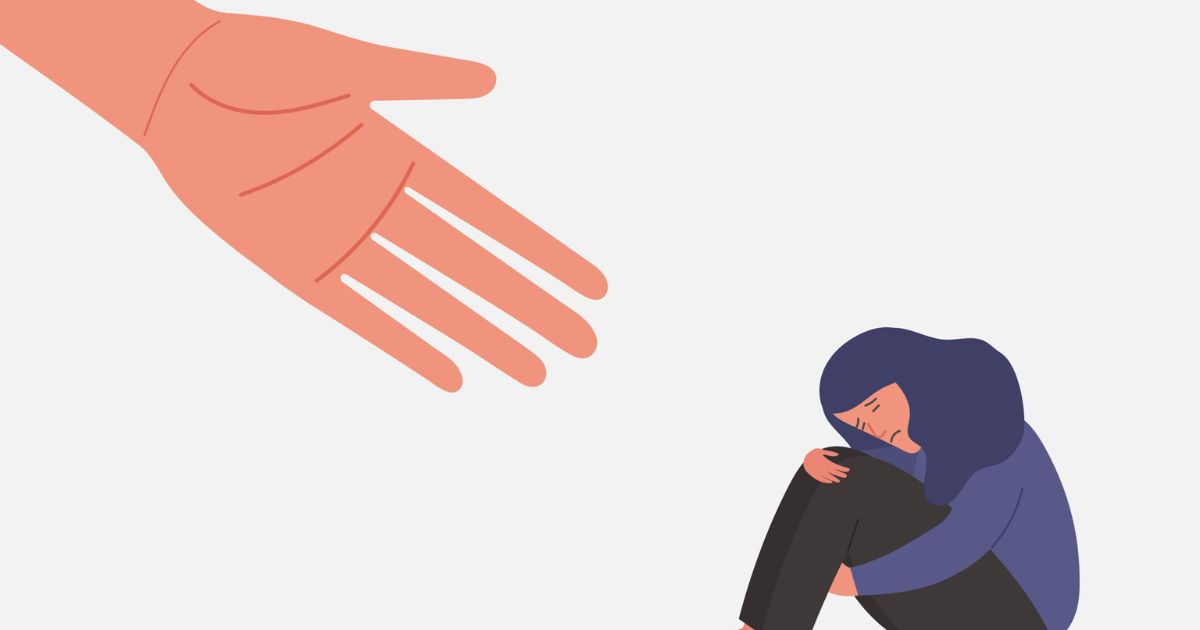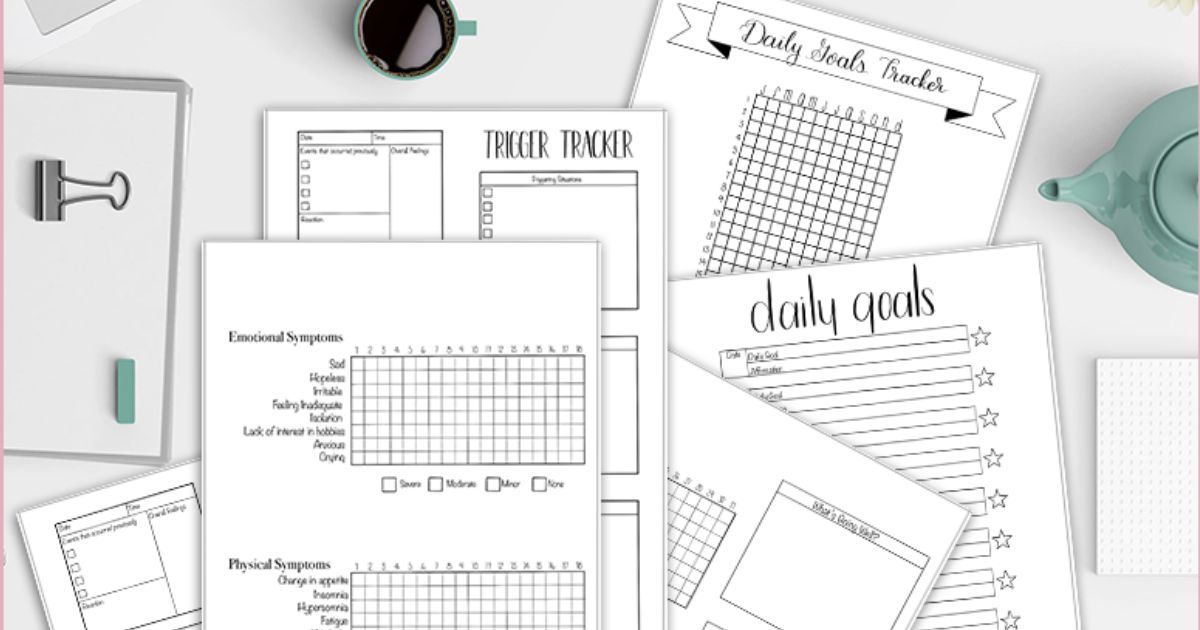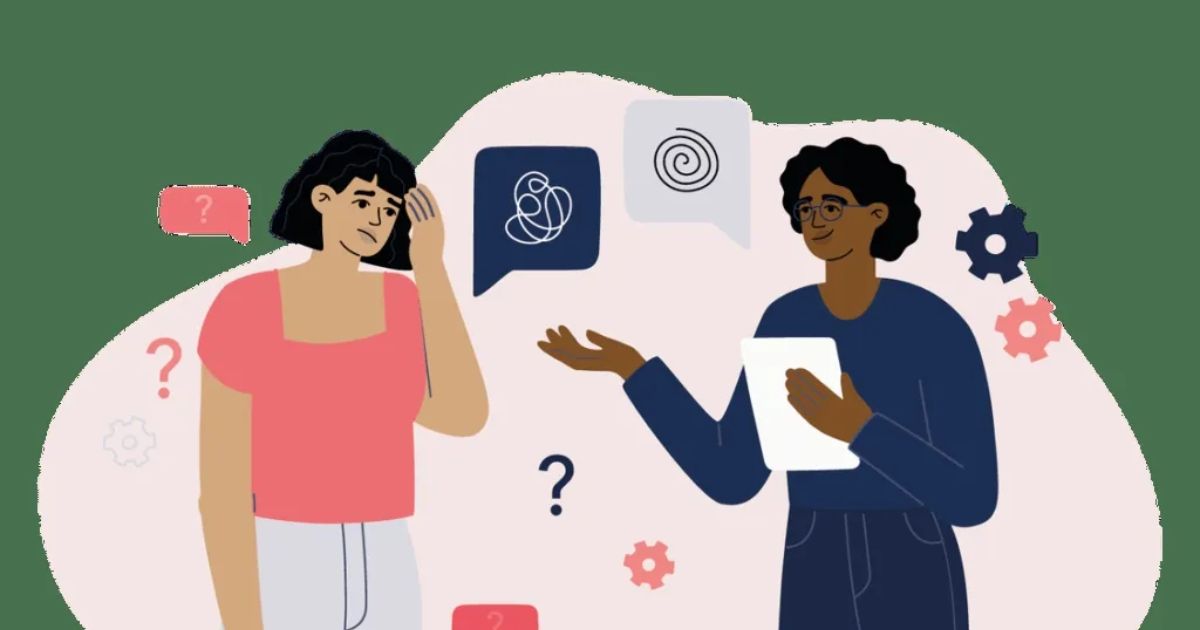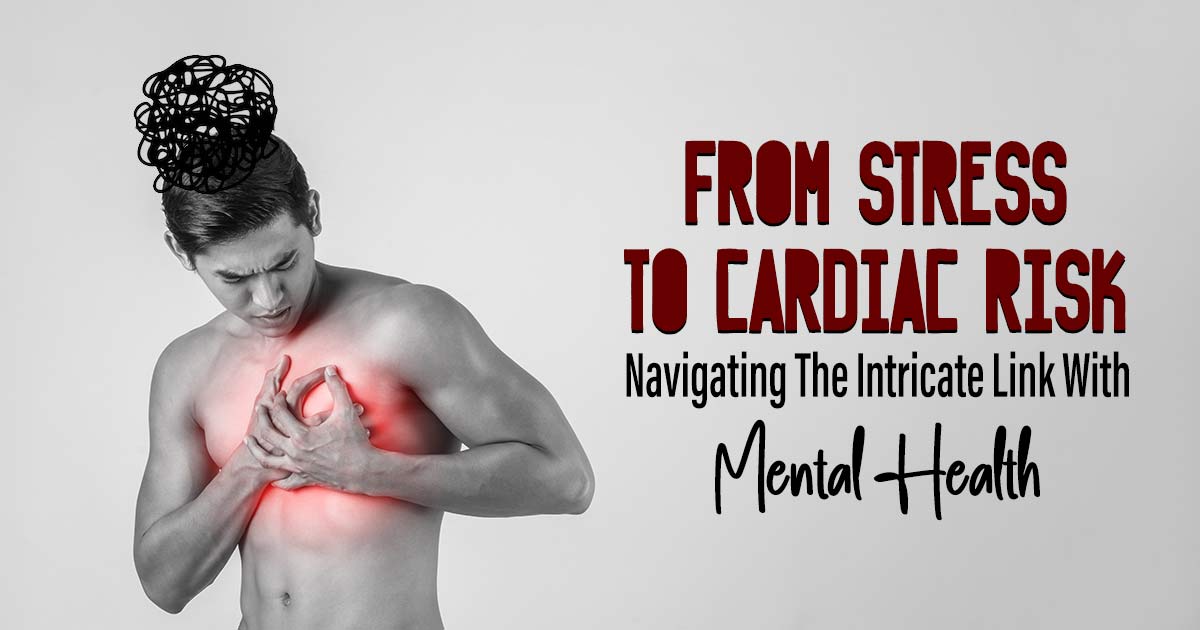In the hustle and bustle of our daily lives, we often find ourselves preoccupied with various responsibilities, commitments, and the needs of others. In this fast-paced world, we may overlook one of the most fundamental aspects of living a healthy and fulfilling life: self-care. Self-care in mental health encompasses a broad spectrum of practices and activities aimed at nurturing our physical, emotional, and mental well-being.
Defining Self-Care
Before delving into its significance, it’s essential to understand what self-care truly means. Self-care is not merely about pampering oneself with occasional indulgences. It is a holistic approach to maintaining and improving one’s health, encompassing various dimensions:
1. Physical Self-Care:
This involves practices that promote physical health, such as exercise, nutritious eating, sufficient sleep, and regular health check-ups.
2. Emotional Self-Care:
Emotional well-being is vital, and emotional self-care includes activities like journaling, practicing gratitude, managing stress, and seeking emotional support.
3. Self-Care In Mental Health:
Mental health is equally important, and mental self-care entails engaging in activities that challenge the mind, such as learning, reading, or engaging in creative pursuits.
4. Social Self-Care:
Nurturing relationships and seeking social support are essential for our emotional and mental health. Social self-care involves spending quality time with loved ones and cultivating meaningful connections.
The Neglected Necessity: Self-care In Mental Health
In the relentless pursuit of our goals and commitments, we often neglect self-care. However, understanding its significance is crucial for our overall well-being.
1. Stress Reduction
Self-care acts as a buffer against the negative effects of stress. In our hectic lives, stress is inevitable, and chronic stress can lead to various health issues, both physical and mental. Engaging in stress-reducing activities like meditation, yoga, or deep breathing exercises can mitigate stress and its harmful consequences.
2. Improved Physical Health
Prioritizing physical self-care through regular exercise and a balanced diet is essential for our physical health. Exercise releases endorphins, the body’s natural feel-good hormones, and helps maintain a healthy weight, reduce the risk of chronic diseases, and improve cardiovascular health.
3. Enhanced Emotional Resilience
Emotional self-care empowers individuals to manage their emotions effectively. Practices like mindfulness meditation and seeking therapy or counseling can help individuals cope with emotional challenges, reduce anxiety and depression, and enhance emotional resilience.
4. Mental Clarity And Creativity
Mental self-care activities, such as reading, learning, or engaging in hobbies, stimulate the mind and promote mental clarity and creativity. These activities offer an escape from the demands of daily life and encourage innovative thinking.
5. Stronger Relationships
Social self-care involves nurturing relationships and seeking social support. Spending quality time with loved ones, friends, and family fosters a sense of belonging, reduces feelings of isolation, and creates a support network to lean on during challenging times.
Practical Strategies For Integrating Self-care In Mental Health
Recognizing the importance of self-care in mental health is just the first step. To reap its benefits, we must incorporate self-care practices into our daily lives. Here are some practical strategies to help individuals integrate self-care:
- Prioritize self-care as a non-negotiable
- Create a regular self-care routine
- Set healthy boundaries
- Identify self-care activities that resonate
- Seek professional help when needed
- Practice mindfulness for presence
- Maintain a healthy lifestyle
- Engage in creative outlets
- Connect with loved ones
Overcoming Barriers To Self-care In Mental Health
While the benefits of self-care in mental health are evident, individuals often face barriers that hinder their self-care efforts:
- Many people cite lack of time as a primary barrier to self-care. However, it’s crucial to recognize that even small, regular self-care practices can make a significant difference in overall well-being.
- Some individuals feel guilty about taking time for themselves, especially when they have multiple responsibilities. It’s essential to understand that self-care is not selfish; it is an investment in one’s health and capacity to care for others.
- Not everyone is aware of the variety of self-care practices available. Exploring different options and finding what resonates with you is a crucial step in overcoming this barrier.
- Self-care practices do not need to be complex or time-consuming. Simple activities like taking a walk, practicing deep breathing, or enjoying a warm bath can be highly effective forms of self-care.
- Cultural or societal expectations may influence individuals to prioritize work and productivity over self-care. It’s essential to challenge these expectations and recognize that self-care is a universal need.
In the whirlwind of our lives, self-care often takes a backseat to other commitments and responsibilities. However, understanding the importance of self-care is essential for our overall well-being. Self-care serves as a protective shield against stress, promotes physical and mental health, enhances emotional resilience, and fosters healthier relationships.
By incorporating self-care into our daily routines and addressing the barriers that hinder it, we can lead more fulfilling, balanced lives. Self-care is not a luxury but a necessity for nurturing our bodies, minds, and spirits, allowing us to thrive in the face of life’s challenges.

